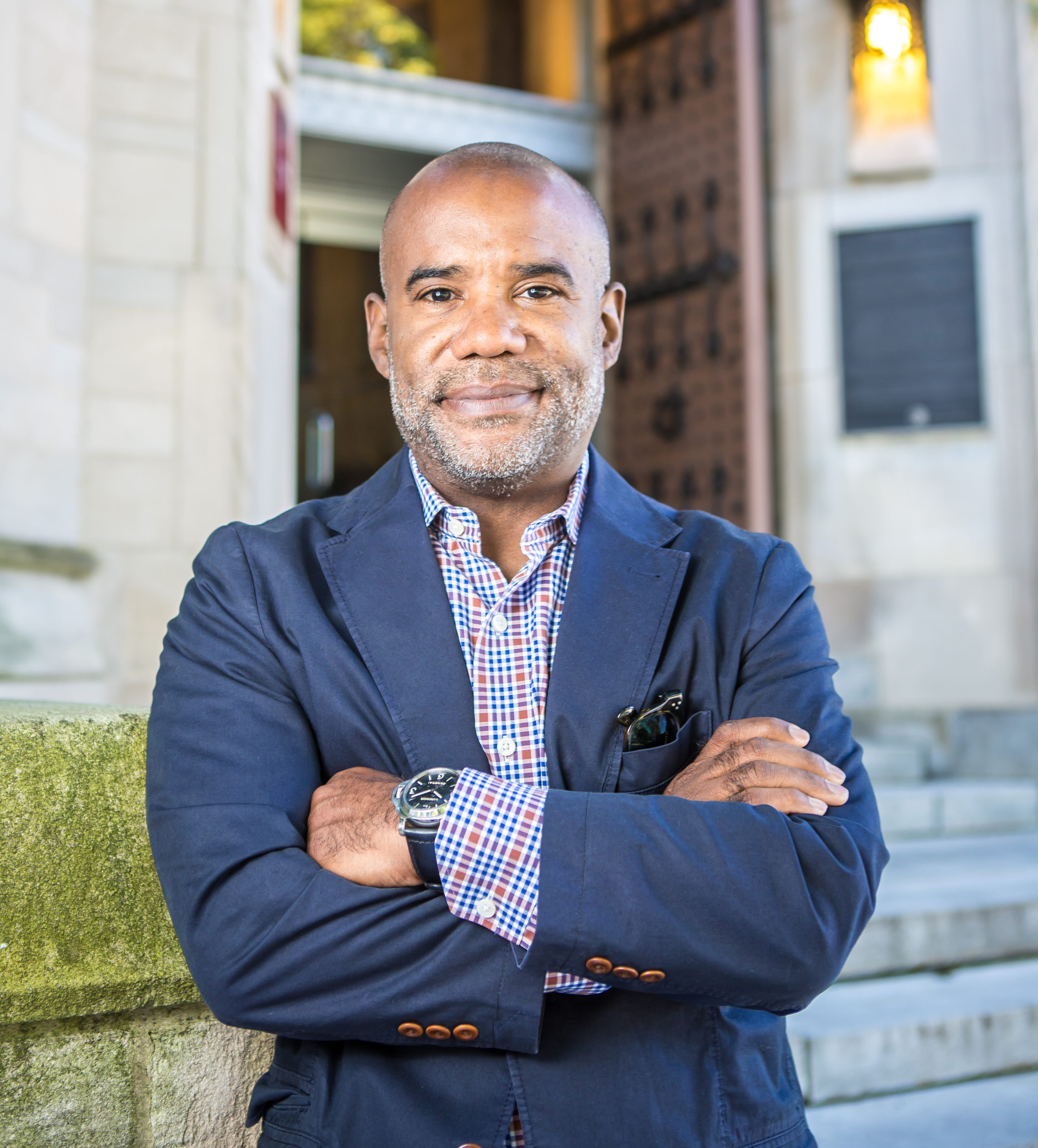 Samuels has since traveled an improbable journey — from a troubled family in an under-resourced community to an education at Notre Dame and the Harris School at the University of Chicago to key leadership roles in child welfare and education.
Samuels has since traveled an improbable journey — from a troubled family in an under-resourced community to an education at Notre Dame and the Harris School at the University of Chicago to key leadership roles in child welfare and education.
These life experiences inform his vision for Chapin Hall: the place decision makers come for answers in accelerating positive change for children and families.
Samuels’ guiding principle is that evidence needs to inform policy and practice. From personal and professional experiences, Samuels found that not all children touched by education, child welfare, and other social services were benefiting from them. He wondered what systems could do differently.
Samuels found that not all children touched by education, child welfare, and other social services were benefiting from them. He wondered what systems could do differently.
Samuels is recognized as a national leader in child well-being and trauma-informed policy. As a result of his efforts at the federal level, child welfare systems now take the child’s specific experiences into account more often when designing and delivering services. These experiences include if a child was removed from the home, witnessed violence, lost a parent, or experienced other trauma.
At Chapin Hall, Samuels is building on these ideas and furthering the organization’s impact. An avid user of Chapin Hall’s rigorous research across his career, Samuels has extended its reach to include unparalleled policy expertise. The result has been dramatic: The number of projects, revenue, and staff have doubled under his leadership. Nationally and globally, public officials and frontline practitioners want to know what works to help all children reach their potential.
Samuels’ leadership is informed by having held one of the nation’s top posts in child welfare. As the Commissioner of the Administration on Children, Youth and Families at the U.S. Department of Health and Human Services, he infused the use of evidence, a focus on well-being, and support for trauma-informed practices in all aspects of federal child abuse and neglect, runaway and homeless youth, intimate partner violence, and teen pregnancy programs.
His leadership is informed by roles in state and local governments. As the former director of the Illinois Department of Children and Family Services, and as the former chief of staff at Chicago Public Schools, Samuels consistently used research and evidence to change practice — often depending on Chapin Hall’s expertise. He knows the challenges leaders, caseworkers, teachers, and social workers face.
And, his leadership is informed by personal experience. As a child whose parents were unable to care for him, Samuels spent many childhood years at a boarding school. There, he developed his passion for ensuring every child has every opportunity to thrive.
 Thank you for your interest in Chapin Hall’s research. Please share some information to access this file.
Thank you for your interest in Chapin Hall’s research. Please share some information to access this file.